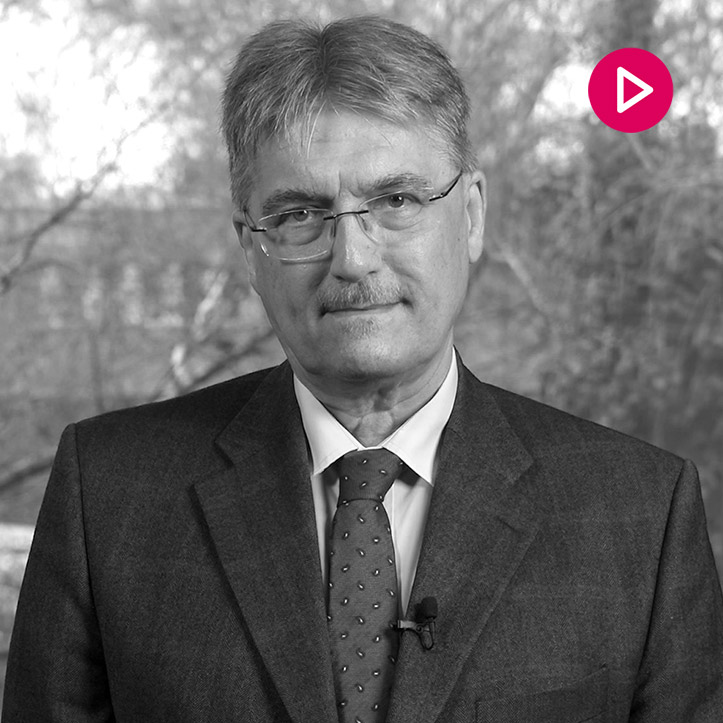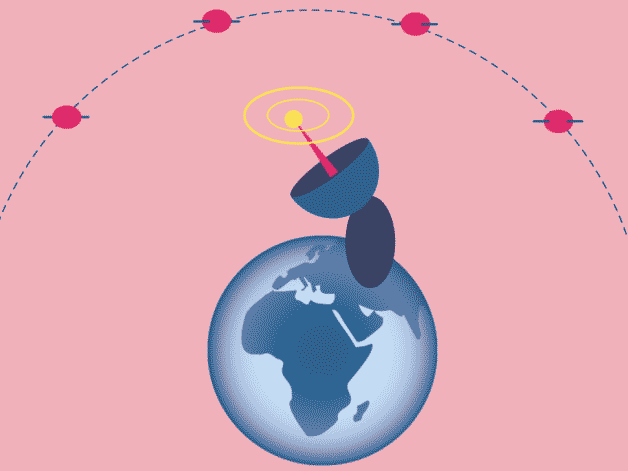


Dear readers,
For the past few months, we’ve given our Think Tank Report some time off. After a complete makeover, it now returns with a fresh new look and feel. We invite you to discover what international think tanks are working on today and to take a look at new studies on social and political issues from around the globe.
The Think Tank Report Team



 3 min 20 s
3 min 20 s


 3 min 20 s
3 min 20 sOn February 1, Myanmar’s process of democratisation was brought to a halt by the military coup against the government of Aung San Suu Kyi. The EU and its member states have supported the Southeast Asian country’s democratic development since 2012 and have backed Aung Sang Suu Kyi’s National League for Democracy. The EU’s response to the coup will show whether it can adapt to the new challenges the region is facing. It ought to make use of its influence, argue Sophie Boisseau du Rocher and Felix Heiduk.
On February 1, Myanmar’s process of democratisation was brought to a halt by the military coup against the government of Aung San Suu Kyi. The EU and its member states have supported the Southeast Asian country’s democratic development since 2012 and have backed Aung Sang Suu Kyi’s National League for Democracy. The EU’s response to the coup will show whether it can adapt to the new challenges the region is facing. It ought to make use of its influence, argue Sophie Boisseau du Rocher and Felix Heiduk.
8,500 terrorist attacks in 2019 – even almost 20 years after the attacks of 11 September 2001, terrorism and extremism remain a global problem. While terrorist organisations such as al-Qaida and the Islamic State have been pushed back by expensive American counterterrorism operations in Afghanistan and Pakistan, efforts to counter violent extremism came late, remain fragmented and are based on a bottom-up approach. Time for a paradigm shift, argues Madiha Afzal.
After the military victory over the so-called Islamic State in 2017, Islamist attacks in Europe were also on the decline. However, IS was never completely defeated and other terrorist organisations such as al-Qaeda remain active. This became painfully clear in autumn 2020 when four Islamist attacks took place in Germany, France and Austria within the span of only six weeks. In March 2021, the Konrad Adenauer Foundation launched the research series Islamist Terrorism in Europe: A range of experts will examine jihadism in Austria, UK, Germany, Belgium and France, analysing current activities of Islamist terrorists and assessing their threat to European citizens as well as the strategies of security agencies.

A number of companies from the US and China are working on a global network of thousands of satellites in order to connect every corner of the world to the internet. The satellites will be stationed in low Earth orbit to enable fast data connections and the transmission of large amounts of data. For states like the United States and China, this would create far-reaching possibilities to extend their political influence. They would be able to control, at the level of global internet infrastructure, whether and under what conditions information is exchanged throughout the world.



Team KALUZA + SCHMID Studio, Maria Schmidt, Nadine Schroeder, Johannes Sudau, Kristin Wesemann, Janine Zimmermann
Giegerich, Bastian, Fenella McGerty, and Peter Round. The geo-economics and geopolitics of COVID-19: Implications for European security. International Institute for Strategic Studies and Hanns Seidel Foundation, March 2021, www.iiss.org/blogs/research-paper/2021/03/covid-19-european-security.
(2)
a) Mobjörk, Malin, Florian Krampe, and Kheira Tarif. Pathways of Climate Insecurity: Guidance for Policymakers. Stockholm International Peace Research Institute, November 2020, www.sipri.org/publications/2020/sipri-policy-briefs/pathways-climate-insecurity-guidance-policymakers.
b) mith, Elizabeth. Climate Change in Women, Peace and Security National Action Plans. Stockholm International Peace Research Institute, June 2020, www.sipri.org/publications/2020/sipri-insights-peace-and-security/climate-change-women-peace-and-security-national-action-plans.
c) Schaar, Johan. A Confluence of Crises: On Water, Climate and Security in the Middle East and North Africa. Stockholm International Peace Research Institute, July 2019, www.sipri.org/publications/2019/sipri-insights-peace-and-security/confluence-crises-water-climate-and-security-middle-east-and-north-africa.
(4) Boisseau du Rocher, Sophie, and Felix Heiduk. “Can Europe Make a Difference in Myanmar?” The Diplomat, 26 February 2021, thediplomat.com/2021/02/can-europe-make-a-difference-in-myanmar/.
(5) “World military spending rises to almost $2 trillion in 2020.” Stockholm International Peace Research Institute, 26 April 2021, www.sipri.org/media/press-release/2021/world-military-spending-rises-almost-2-trillion-2020.
(6) Afzal, Madiha. “A global effort to counter extremism through education.” Brookings, 25 January 2021, www.brookings.edu/research/a-global-effort-to-counter-extremism-through-education/.
(7) Steinberg, Guido. Jihadist Terrorism in Europe: Jihadism in Austria. Konrad Adenauer Foundation, March 2021, www.kas.de/en/single-title/-/content/jihadism-in-austria.
(8) Voelsen, Daniel. “Internet from Space: How New Satellite Connections Could Affect Global Internet Governance.” SWP Research Paper, no. 3, 2021, doi.org/10.18449/2021RP03..